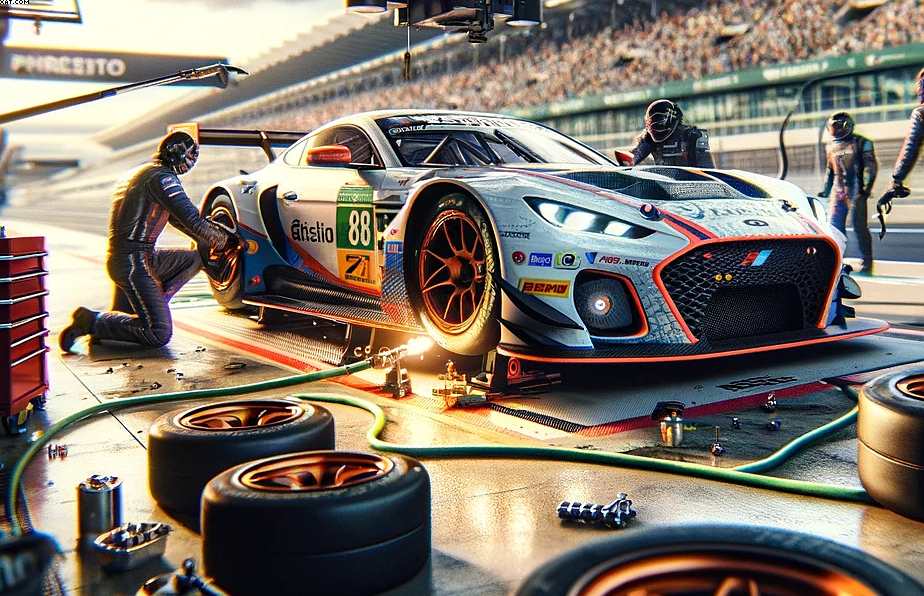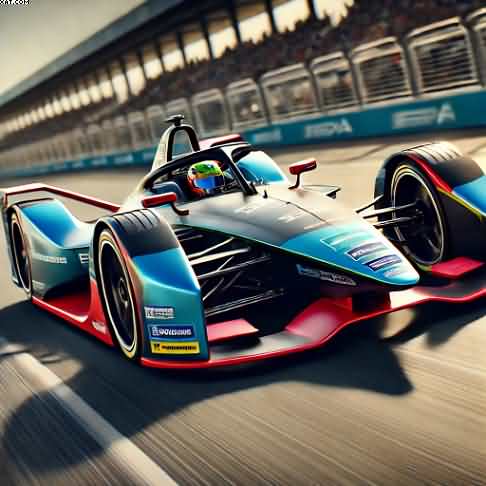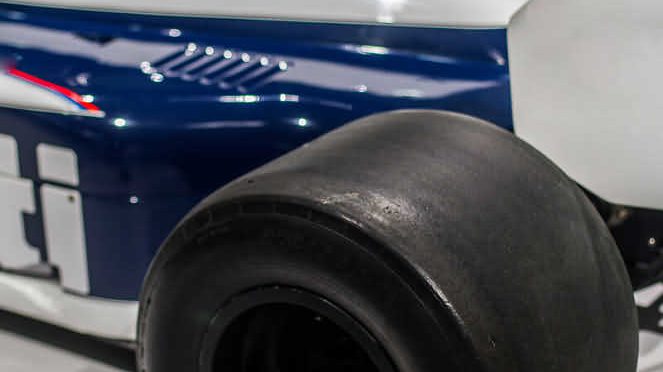Table of Contents
Tyre Compounds

Free compound choices, 18-inch wheels, a new tender for 2017 – Formula 1’s tyres are back in the spotlight. Adam Cooper analyses what can be expected in the near future.
Source: www.motorsport.com
It looks like Pirelli tyres could have agreed to accept the idea of teams choosing their own preferred tyre compounds to use in future F1 races.
The Italian tyre company would also offer a larger choice of tyre compounds. Thus, six compounds have been branded around. Hence, there are two teams to choose from.
The choice would have to be put forward to the teams. But the general consensus is that the proposal will make racing more interesting. Naturally, with the winning driver and their teams. As expected, having made the best choice of tyres, along with other factors of course.
This has worked to a lesser extent.
So, in the past, some of the teams have coped better. Hence, with the different compounds on offer for each race,
Although the tyre compounds are the same for each team. Therefore, some teams are able to cope better with the compounds on offer. Because who knows, in the future they will be able to choose their own tyre compounds. Making the choice more crucial to the winner.
In my opinion, this will make racing more competitive and indeed more skillful.
Other factors may also come into the equation. Both Pirelli and Michelin (who are now considering putting in a bid for future tyre supply) are looking at the prospect of increasing the wheel and tyre size from the current 13-inch wheels to 18-inch wheels.

Tyre Compounds
In fact, Martin Brundle recently completed a test trial on 18-inch wheels on a GP2 car at the Monaco Circuit. This gives an indication of where things may be heading. It is all very interesting, and things are changing all the time.
The Development of Pirelli Tyre Compounds in Formula One Racing: Advancement and Effectiveness
Formula 1 is a cutting-edge venue for tyre technology as well as a contest between drivers and machines.
The tyres have been one of the most important factors affecting race results over the years.
Since 2011, Pirelli has been the only tyre supplier to Formula One (F1); their efforts in creating innovative rubber compounds have revolutionised the sport and pushed technological limits.
Pirelli’s tyre compounds have evolved over time to reflect improvements in safety, performance, and race strategy—all of which have a significant impact on how races go.
Let’s examine the evolution of Pirelli’s tyre compounds in recent years and the effects these modifications have had on the sport.
A Synopsis of Pirelli’s F1 Career
After spending decades away from Formula 1, Pirelli made a comeback in 2011 and was given the mission of developing tyres that would encourage thrilling races.
Their goal was to create tyres that would deteriorate faster than those from earlier eras, necessitating more pit stops from teams and adding a strategic element to keep races unpredictable.
Pirelli created a line of compounds that combined durability and performance to address these issues. At first, the range included super-soft, soft, medium, and hard compounds, each with varying degrees of durability and grip. Pirelli had to meet the needs of the sport, though, as it developed and the cars became quicker and more potent.
Enhancement of the Composite Spectrum
With the introduction of turbo-hybrid engines to Formula 1 in 2014, the cars’ enhanced torque and power output placed previously unheard-of strain on the tyres.
In response, Pirelli improved the stability of their compound range while preserving the thrillingly unexpected aspect of tyre degradation.
Later on, the need for compounds that could provide optimal performance for brief periods of time led to the development of ultra-soft and hyper-soft tyres.
These tyres gave teams the freedom to drive their vehicles to the limit during qualifying and during crucial moments in races, but because they degraded quickly, they needed to be handled carefully.
But in 2019, Pirelli changed their strategy.
They standardised the options to C1 through C5, streamlining the range for drivers, teams, and fans alike in place of a confusing assortment of tyre designations and colours.
With C1 being the toughest compound and C5 being the softest, this modification provided clarity. During race weekends, the tyres were then referred to as hard, medium, and soft, and Pirelli would choose three compounds from the spectrum for each event.
This advancement maintained the difficulty teams experienced in getting tires to last through a variety of circumstances and circuits while also improving race strategy planning.
Pirelli’s Conversion to 18-inch Wheels
The largest shift in recent memory may have been the conversion of Formula 1 to new technical regulations in 2022, which called for the use of 18-inch tyres instead of the customary 13-inch ones in an effort to increase overtaking and bring racing closer.
This change was more than simply cosmetic; it necessitated a thorough reconsideration of the compounds and manufacturing of tyres.
Hi, I would like to introduce myself.
I now own a garage and MOT testing centre here in the UK called Pellon Tyre and Auto-centre, and I am a keen blogger about anything to do with cars and their related products that will help my business.
- Hello tyres, world: Winter Tyres blog
- Effectiveness-Winter Tyres
- Winter Tyres versus 4×4
- Mercedes-Benz Switching Winter Tyres
- Winters Tyres Compared to Summers
- Hello tyres, world: Winter Tyres blog - April 21, 2025
- Effectiveness-Winter Tyres - April 20, 2025
- Winter Tyres versus 4×4 - April 19, 2025

